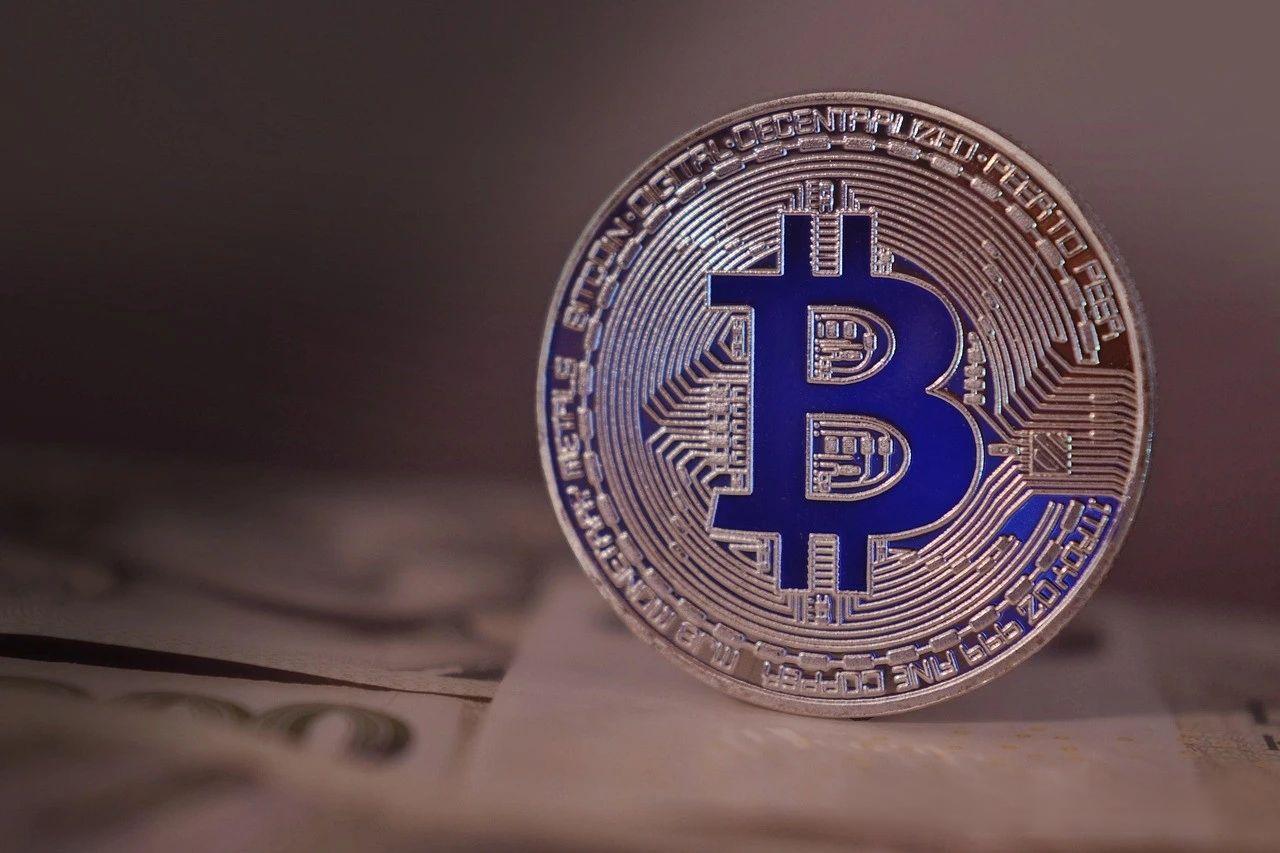Yesterday, when I was browsing WeChat public accounts, I saw an article published by "Metaverse News" titled "Crypto-version of a honey trap: A Chengdu tech guy lost 6 bitcoins in a hotel meeting." It said that a 35-year-old software engineer in Chengdu encountered a "honey trap" in the cryptocurrency circle. Because the official source of the incident was not stated, we cannot confirm the authenticity of the incident for the time being. If there is an official announcement in the future, please follow the official announcement. Here we focus on analyzing how to legally protect rights after Bitcoin is robbed.
I. Brief Introduction of the Case
On August 15, 2024, Wang Shu (pseudonym) saw an account called "BTC Cong'er" on the X platform (formerly Twitter), claiming that as long as you hold 0.1 bitcoins, you can date the holder offline. The blogger's pictures are youthful, beautiful, and pitiful, and Wang Shu immediately fell in love with him. Wang Shu holds 6 bitcoins, which are worth at least 480,000 US dollars (about 3.45 million RMB) if calculated at 80,000 US dollars per coin.

At 8 pm on December 1, 2024, Wang Shu arranged to meet BTC Cong'er via telegram at the Ritz-Carlton Hotel at No. 269 Shuncheng Street, Qingyang District, Chengdu. However, when the two entered the hotel room, a group of people rushed into the hotel and began to threaten Wang Shu. At 8:45 that night, Wang Shu transferred his Bitcoin to the other party, and BTC Cong'er and his group left. It is said that the police have intervened in the investigation.
To this day, Lawyer Liu can still see the account and tweets of "BTC Cong'er" on X, and he has even interacted with the "wild big pimp" Xue XX. If the above case is true, there may be new victims.
2. If my Bitcoin was stolen, is it useful to report it to the police?
Lawyer Liu has encountered many consultations in his work, all of which were related to the theft and fraud of virtual assets. Only one case was that the client made an appointment to trade at an offline hotel. After both parties verified their capital and conducted a coin test, my client began to transfer virtual currency to the wallet address provided by the other party. However, after our transfer was successful, the other party began to default on the payment and refused to deliver the currency, claiming that they had not received the virtual currency. Just when the two parties were deadlocked in the hotel, my client called me for help. I immediately suggested that he stabilize the other party and call the police. In the end, the police went to the scene and took everyone back to the police station to take a statement, but did not file a case on the spot.
Fortunately, my client recorded the entire transaction on audio and video, and eventually, through repeated communications between us and the police, the police opened a case for fraud.
Therefore, if Bitcoin is defrauded, a case can be filed, and if Bitcoin is robbed, a report can be made. Moreover, robbery is a crime with a heavier penalty than fraud or theft.
3. Is virtual currency considered property under Chinese law?
In practice, some local public security organs do not protect virtual currency from being robbed/cheated/stolen, with the reason being that virtual currency is not property under Chinese law, or even directly deeming all actions related to virtual currency not protected by law. This is clearly a misunderstanding.
In current domestic judicial practice, there are two main viewpoints on the value attributes of virtual currency:
First, virtual currency does not belong to property under Chinese law. The basis for this view is that virtual currency is obviously different from traditional money, physical property, electricity, gas and other intangible property. Virtual currency has neither practicality nor stability, and it is difficult to constitute property under Chinese law, especially criminal law.
Second, virtual currency is property under Chinese law. First, China's Civil Code clearly stipulates: "Where the law has provisions for the protection of data and network virtual property, such provisions shall apply." It can be seen that China has a positive attitude towards the protection of network virtual property and has not directly denied the property attributes of virtual currency; secondly, the definition of private property of citizens in China's Criminal Law also clearly includes "shares, stocks, bonds and other property owned by individuals." Virtual currency is obtained either through mining or through money purchase or other property exchange. Mining behavior includes energy consumption, computing power expenditure, etc., which essentially includes abstract human labor. Therefore, virtual currencies such as Bitcoin have the characteristics of value, disposable, and scarcity, and should be protected as property.
In current practice, more and more judicial authorities agree with and begin to practice the second view mentioned above, that virtual currencies (mainstream currencies with general consensus) are property under Chinese law .

4. Final Thoughts
On March 20, 2025, the IMF (International Monetary Fund) officially "incorporated" Bitcoin in its Balance of Payments and International Investment Position Manual (hereinafter referred to as the "Manual"). According to the framework of the Manual, digital assets are divided into fungible tokens and non-fungible tokens , and are further classified according to whether they bear related liabilities: unbacked assets such as Bitcoin are classified as non-productive non-financial assets and belong to the capital account; while stablecoins backed by liabilities such as USDT and USDC are regarded as financial instruments.
In addition, the United States has adopted the policy of making Bitcoin a national strategic reserve. Behind these changes is the fact that the international and even domestic legal, economic, political and other fields are constantly adjusting their attitudes towards cryptocurrencies, from suspicion and even rejection to understanding and acceptance. We believe that in the future, virtual currency will be actively or passively accepted by everyone as an asset (even a mainstream asset).
Finally, returning to the story at the beginning of this article, Lawyer Liu still wants to remind all players in the cryptocurrency circle to return to common sense (if you really believe in the "BTC Smart Guy" thing, then you really don't deserve to own 6 BTC. Even if you escape this disaster, there will be other pits in the future). Don't fall into the abyss for the pursuit of temporary excitement. Although the law will protect the legitimate rights and interests of citizens, the degree and timeliness of protection may not be as good as many people imagine. Some criminal cases may not be solved even if the public security has filed a case. Instead of waiting for others to help you, it is better not to put yourself in danger from the beginning.













